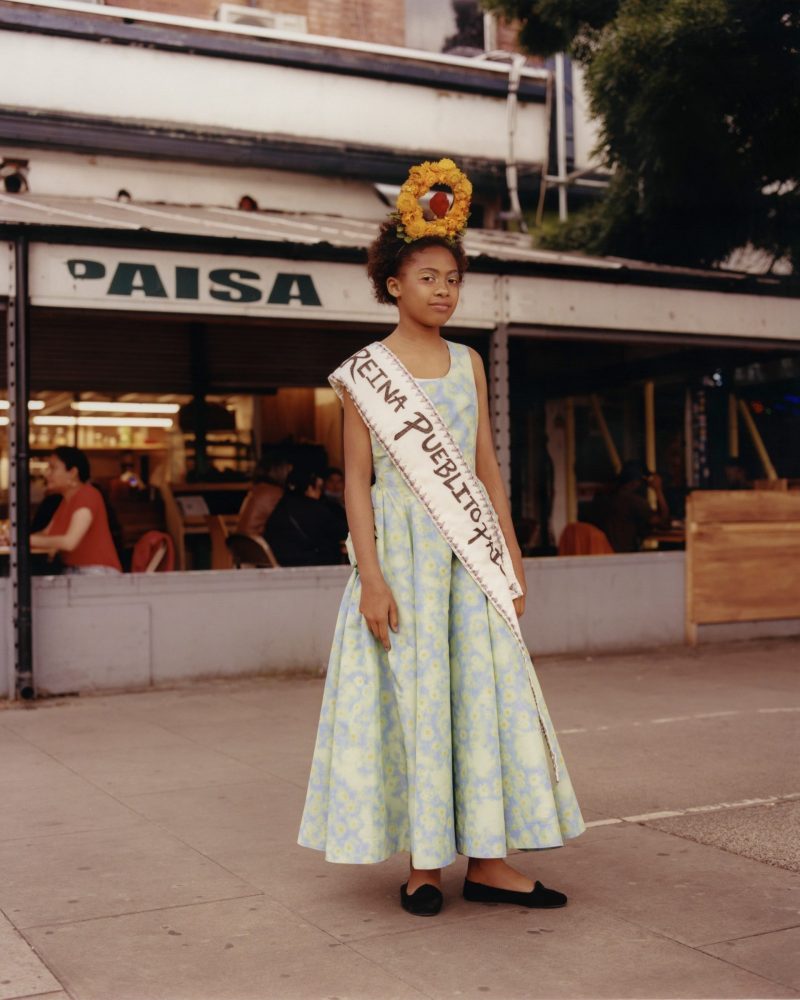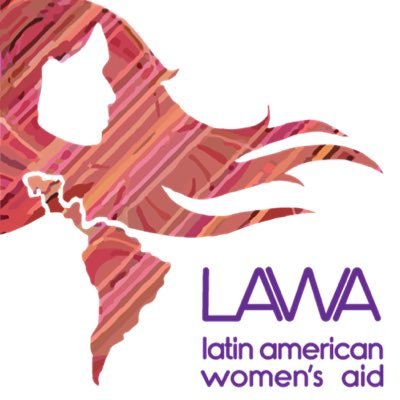
Conquering, preserving, and sustaining the women’s rights and marginalised groups has been a perennial battleground throughout history. It is the equivalent of trying to open a door with a million padlocks and a handful of mismatched keys to try on each. When we effectively open one padlock, we are faced with a new padlock so we must go through all the keys again to find the right one and so on and so forth until we can eventually open the door. When we focus on this exercise, we understand that we live in a time of gender and socioeconomic equality, of multicultural acceptance and that being a feminist is no longer relevant or radical.
But, as migrant women and non-binary people, we face ambiguity on a regular basis. We can acknowledge that – while in our new home country we may have identified new ways and spaces to feel more freedom and autonomy – our structural living conditions are constantly under threat. Every time, it’s like popping open a padlock, but there will always be more to do before the end.
Current financial austerity measures in the United Kingdom are hostile to minority populations, illustrating systematic discrimination based on race and gender. Our communities and lives are hindered by the way the state imposes its laws in our lives, as well as by the stereotypes that society creates about migrants. Due to our immigration status, we are being subjected to domestic violence, sexual violence, abuse, exploitation and criminalization. We are at a disadvantage because of our foreign status; the establishment has often made us invisible or shows us paternalism, limiting us to what they “give us”.
The quest for social justice as migrants must not end with “we only get what we need” or “we get what we can”.
The concept of social justice is that societies can provide opportunities for everyone, regardless of social, economic, sexual, racial, educational, or gender status, to ensure human dignity. This concept entails eradicating poverty and external causes; encouraging cooperation among countries, societies, and individuals; changing institutional relationships and pursuing justice for the environment and the people. However, as some activists and survivors of various forms of violence have previously stated, we require new models of justice to replace the ones we have been accustomed to.
The type of justice that is desired in these times is known as transformative justice. This justice necessitates rethinking the relationships that are formed, as well as our ideas about justice, criminalization, legality, and illegality, to name a few.
In our case, we must verify and transform the conditions imposed by this system on women, non-binary people, and migrants. To believe that other worlds based on community participation without criminalization are possible, we must begin sharing our stories, learnings and actions. A world free of restrictions on rights and partial applications of justice; a world of mutual assistance and the prevention of acts that degrade our dignity. A transformative justice that prioritises life and our shared relationship with all living beings and the planet that we share, this Earth, where no one is left without habitable space.
We must reimagine opening all the padlocks and finally tearing down the door.
Picture Silvana Trevale. Vogue





